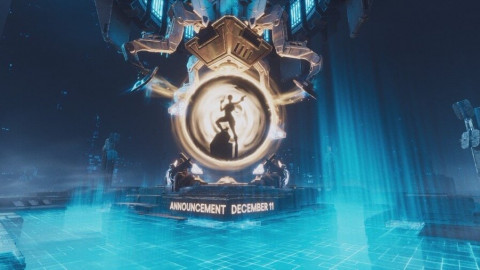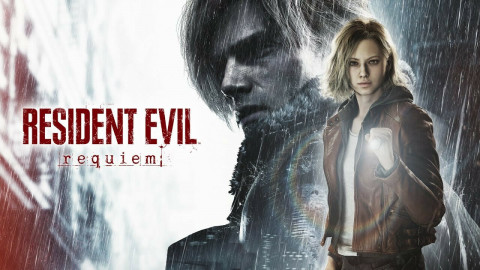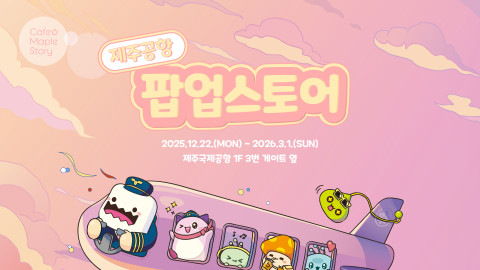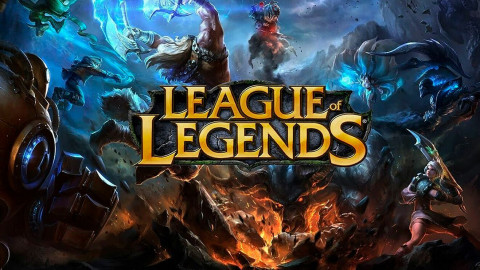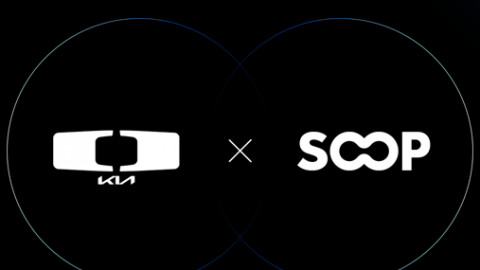
Few figures in the Heroes of the Storm scene are as polarizing as Thomas “Khaldor” Kilian.
Ever since he was handed a Technical Alpha key back in 2014, Khaldor has dedicated his blood, sweat, and tears towards playing, commentating, dissecting and discussing Heroes of the Storm. His love for the title, in addition to his decade-long-plus background in the esports industry in titles such as Warcraft 3 and Starcraft 2, opened up opportunities for him that he was able to capitalize on through a spartan-like work ethic. These right set of circumstances allowed him to be is one of the full-time Heroes Global Championship (HGC) casters for the European region, a location very close to his heart as he grew up in Germany.
On the casting desk, alongside his HGC Europe cast partner, Tim “Trikslyr” Frazier, the personality of Khaldor is given a platform to shine. His ability to surgically pick apart a team fight that could break out in moment’s notice; provide insight into what may be going on within a player or team’s mind; and be condemnatory of the game he has dedicated his life to the last few years and, at times, his employer, Blizzard Entertainment, has allowed him to be one of the most loved and hated individuals within the HotS esports community.
That’s never been a problem for him though. As long as you’re willing to put in the time to provide constructive feedback, positive or negative, he’ll give you the same level of respect back.
A few months ago, after the Mid-Season Brawl event took place, Khaldor sat down with InvenGlobal to discuss a myriad of topics, including how he crafts a story while on the casting desk and dealing with feedback from those who consume his content.
Forging a narrative
The current recipient for “Series of the Year” in 2018 took place at the Mid-Season Brawl event in Sweden over the summer between Gen.G esports and Team Dignitas. A tense back-and-forth affair ended in the final game where the Korean powerhouse, the former, was able to secure the victory by the slimmest of margins. What added to the tenseness of the series was not only the narrative Khaldor was able to craft but the level of pure exhaustion his vocal chords were experiencing.
“I think I could have cast that series another 10 games, easy. It's one of the advantages I have when I’ve been casting for a long, long time now. I'm used to doing a lot of solo casts back in Korea. For example, we used to do six to eight hours of Starcraft 2 then I would go straight back to the apartment and start casting online leagues. Sometimes I would end up with 20 hours of casting straight,” said Khaldor. “Once you have done all of that and are used to it you could easily go through any series. But it definitely drains you a little bit. You could hear it in the voice but I personally don't mind. Even if I start getting a sore throat, as long as I can make noises it's fine. I feel for the viewer it starts to add to the broadcast as well if over the course of a game or tournament you realize how much it impacts the people who are trying to talk about it and it usually adds a bit of excitement to the storyline.”
As if the match itself was not tense enough, Khaldor’s selection of a simple-yet-impactful phrase after Gen. G lost their first map after an extended period of indisputable dominance added to the tenseness.
“In the Grand Final we used the line 'Gods can bleed' which I thought was a really cool line that I think told the story really well because Gen. G came in having won their last 37 maps. Then they started to lose the first map and if you lose the first game it's not like you lose the whole match so us picking the 'Gods can bleed' line in the game I think was fine,” said Khaldor. “After Dignitas started to come back we dropped it because the entire dynamic of the Grand Final had changed. But if you look at the feedback after the match you had people that absolutely loved it.”
Khaldor acknowledged that there was a section of the community who did not care for the phrase. But to truly understand how carefully those on the casting desk need to choose their words, you need to comprehend who may be watching the cast from home and the hats the personalities must wear to appeal to them all.
“In HGC league setup we have to analyze matches, we need to hype and we also need to entertain to an extent. All three elements are part of our job description so we need to have a happy medium. It is a difficult process because sometimes it is very easy to fall into one of these modes so we need to evaluate, ‘Okay are we doing this a little too silly? Do we need to bring it back a little bit towards a serious style? Do we have to bring back some of the casual audience who is watching?’” said Khaldor. “Our audience is very diverse as well because we have Gold-level players watching us; we have people who don't even play the game and are just watching because they know the players or want in-game Loot, and we also have Grandmaster players that expect a certain type commentary, so it is a balancing act.”
Dualities of feedback
Being a public figure, Khaldor is no stranger to those who consume his content chiming in from time-to-time on Twitter, Reddit or other social platforms. Some are more critical than others when it comes to how he does his job, a deeply personal topic to bring to someone’s attention, especially when typed through a screen opposed to directly speaking with someone in person.

How the veteran prevents the opinions of others from creating a paradigm where he can do no right requires a mature viewpoint when it comes to evaluating feedback.
“You have to learn which feedback to value and which to not. Normally when you get positive feedback people say what they liked, then you can look at it and say, ‘Okay, I would agree with that. We did that well.'’’ said Khaldor. “When you get negative feedback people just bitch so you don't actually get anything that they specifically had an issue with. If you get constructive complaints people say, ‘Oh I don't like that.’ Normally I try to judge it and see, ‘Okay, do they have a point here or do they not have a point?’”
With so much unknown behind the feedback he’s receiving, Khaldor tries to approach the negative feedback from a pragmatic standpoint. He has seen enough in his esports career to be able to shrug off unnecessary comments while being able to acknowledge that there are many reasons people may be critical of him.
“Are they complaining about it because we are actually doing something that is not working? Is he complaining about it because it is something that he is unhappy with that? Is it not running the narrative that they want?” said Khaldor. “You look at the criticism and try to evaluated with these things in mind because if you don't do that, and you just take everything at face value, you are never going to be happy because there's always someone who doesn't like what you do because they are cheering for the other team, because they don't like your style, or they don't like you.”
At the end of the day, when Khaldor wants to evaluate constructive criticism, he has a trusted circle of confidants whose input he values greatly.
“Sometimes there are things that you do subconsciously while casting and, if the input is valid, I’m happy to change the way I do things,” said Khaldor.
-

Tim Rizzo is the editor and a reporter for Inven Global. He joined the company back in 2017.
Sort by:
Comments :0

